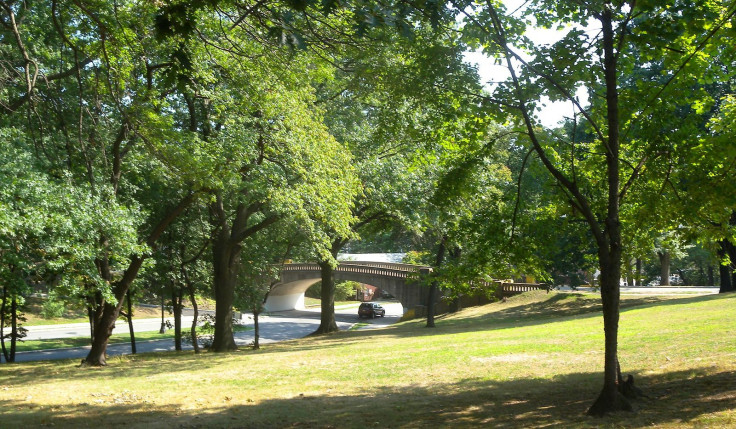Coronavirus Update: New Jersey Parks Filled With Urine, Feces Since Reopening

KEY POINTS
- There has been an "inordinate amount" of urine and feces in New Jersey state parks
- These public spaces were opened May 2
- Local authorities have been instructed to enforce zero-tolerance in this matter
Public parks in New Jersey have been soiled and ruined by an "inordinate amount" of urine and feces since it reopened. State officials are now warning those who urinate and defecate in the park, or leave these behind in water bottles, will face the consequences as there is zero-tolerance for this offense.
Visitors to the park have complained of the foul odor, which heightened over Mother's Day weekend. Apparently, while New Jersey Gov. Phil Murphy opened public parks May 2, restroom facilities have remained closed to prevent people from converging in an enclosed space, which could raise the risk of contracting the virus.
"The whole idea behind the parks is to give our citizens the ability to go out there and enjoy fresh air and have time outside," New Jersey State Police superintendent Col. Patrick Callahan said during the press conference Monday. "That report from the Park Police was certainly disheartening, to say the least."
Callahan said visitors must plan accordingly instead of relieving themselves at the public parks because it could be closed again.
"Our park police, our counties, our state police will be on watch for that," Callahan said. "We understand that the restrooms are closed, but people should plan accordingly and should not be urinating in bottles and leaving them behind because that could lead to us taking another approach going forward."
The governor, who was in the same press briefing as Callahan, said those who keep using the park as their toilet will not get a warning. They will enforce the necessary approach to littering to ensure that the parks remain clean.
New Jersey has a state park regulation that prohibits urinating and defecating in areas other than the restroom facility.
Incidentally, officials also encouraged visitors to the state parks to wear a face mask, especially in the narrower trails. Murphy has made face masks mandatory in essential businesses like supermarkets or drugstores, or when riding the New Jersey transit, but he said it's encouraged in state parks.
"We'd love to see a lot more masking and face covering," the governor said.
As of May 11, New Jersey has 139,945 positive COVID-19 cases, 9,310 deaths and over 426,000 tests, per its COVID-19 Information Hub. Other than the public parks, New Jersey has not yet allowed nonessential businesses to reopen.
© Copyright IBTimes 2025. All rights reserved.





















